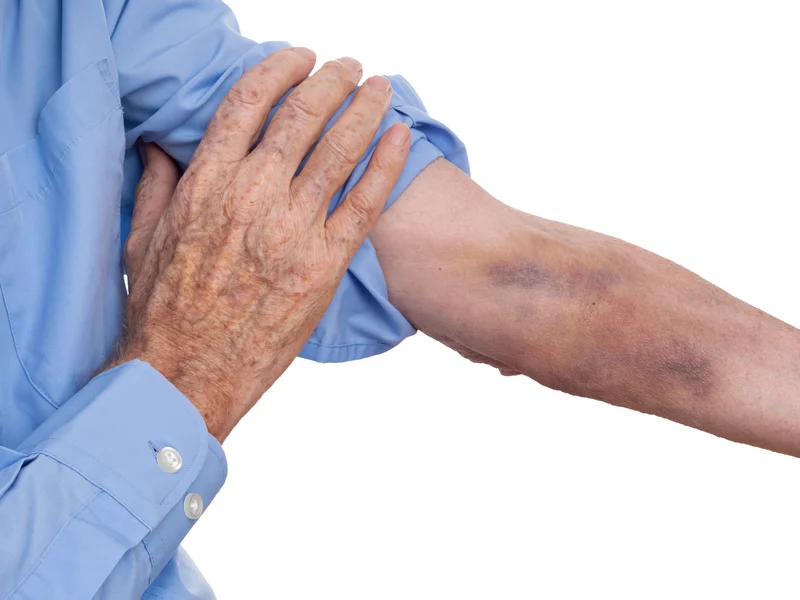
There is evidence that a small amount of alcohol can boost levels of high-density lipoprotein (HDL), the beneficial cholesterol in your blood, as well as reduce the formation of plaque in blood vessels. If you find yourself unable to cut down on drinking, feeling compelled to drink, neglecting responsibilities, and experiencing withdrawal symptoms, these could be signs of alcohol dependency. Alcohol increases dopamine release in the brain’s reward processing area, intensifying the sense of reward and potentially leading to cravings for alcohol. These signs are often accompanied by an https://ecosoberhouse.com/article/dialectical-behavior-therapy-dbt-for-addiction-recovery/ inability to cut down on consumption, feeling compelled to drink, and being unable to refuse a drink. Dependency also often leads to neglecting responsibilities, social isolation, job loss, financial difficulties, strained relationships, and continued drinking despite recognizing its harmful effects on health and social life.
Having Physical Signs of Alcoholism
Consuming alcohol to cope with emotional pain, such as anxiety, depression, or stress, is often a result of psychological factors, including thoughts, beliefs, disappointments, bad moods, and boredom. The transition from social drinking to habitual use often starts with an increasing tolerance to alcohol. This means that over time, the same amount of alcohol has less of an effect, which leads to drinking more frequently and in larger quantities. Individuals who exhibit a greater capacity to ‘hold their liquor’ may be at increased risk for alcohol problems, as tolerance can be an early indicator of developing dependence. Alcohol has a number of significant effects on a person when they consume it. The ethanol in alcoholic beverages affects a person in the same way some drugs do.
The Benefits of Seeking Professional Help for Alcohol Addiction
- As tolerance increases, individuals may need to consume larger amounts of alcohol to achieve the desired effects.
- Over time, increasing alcohol intake can negatively impact the mind and body, and tolerance is one of these effects.
- The body, meanwhile, develops a tolerance to alcohol as it strives to regain equilibrium in response to regular drinking.
- However, most people with AUD—no matter their age or the severity of their alcohol problems—can benefit from treatment with behavioral health therapies, medications, or both.
- Experts have tried to pinpoint factors like genetics, sex, race, or socioeconomics that may predispose someone to alcohol addiction.
It is a condition that arises from the interaction of genetic, environmental, and psychological factors. Addiction has a profound impact on the brain, leading to changes in behavior, decision-making, and the ability to control impulses. Ambrosia Behavioral Health also leverages cutting-edge technologies and therapeutic modalities to enrich the treatment experience. From cognitive-behavioral therapy (CBT) to motivational interviewing, the center employs a range of techniques empirically shown to be effective in treating alcohol use disorders. Additionally, Ambrosia has integrated alternative therapies such as art therapy, yoga, and mindfulness practices into its programs.
- When that balance is offset by ethanol, the typical effects of alcohol are experienced (slurred speech, mood and behavior changes and lack of coordination) due to impaired brain function.
- Recovery Centers of America offers a judgment-free space where patients can focus solely on their recovery without external distractions.
- Certain genetic variants can influence how alcohol is metabolized, how rewarding it feels, and how susceptible an individual is to its effects.
Fermented Fruit Consumption
It was once believed that alcohol affected the entire brain because it was simply a membrane disruptor. Thanks to continual advancements in technology, scientists have discovered that this is not the case as they have found the true culprit of all of the internal chaos that alcohol produces in individuals who are dependent on it. For example, if someone grows up in a household or culture where heavy drinking is the norm, they may learn to view alcohol as a normal part of life or a necessary way to handle stress or celebrate.
Meditation for Alcohol Addiction
- Alcohol intensifies the effects of GABA, a calming neurotransmitter, resulting in increased inhibition of neuronal signaling and producing sedative effects.
- This produces a vicious cycle where individuals drink to relieve their symptoms but end up feeling worse, which provokes them to drink even more.
- One example is college campuses with a prevalent drinking culture and peer pressure to engage in heavy drinking.
- This approach acknowledges that no single factor explains addiction onset.
- When a person drinks regularly over a period of time, their body starts to develop a tolerance to alcohol.
Health professionals also help the individual cope with any related problems, such as depression, job stress, amphetamine addiction treatment legal consequences of drinking, or troubled personal relationships. Early symptoms of an alcohol abuse disorder include drinking more than planned, continuing to drink alcohol despite the concerns of others, and frequent attempts to cut down or quit drinking. As alcohol abuse progresses, the individual develops a tolerance to alcohol. He or she must drink more alcohol to get the desired good feeling or to get intoxicated. Genetics play a significant role in the risk of developing alcohol addiction.
A third drug, acamprosate (Campral), reduces the unpleasant feeling that alcoholics experience when they don’t drink. Almost all treatment programs view alcohol dependence as a chronic, progressive disease, and most programs insist on complete abstinence from alcohol and other drugs. A person who needs help for alcohol addiction may be the last to realize he or she has a problem. Even if the addicted person refuses treatment, family members can get help and support from an organization like Al Anon. The challenges during withdrawal also include intense psychological symptoms such as anxiety and depression and severe physical symptoms like nausea and possible seizures. These symptoms make professional assistance crucial for successful cessation.

Alcohol use disorder develops when you drink so much that chemical changes in the brain occur. These changes increase the pleasurable feelings you get when you drink alcohol. People with alcohol use disorder will continue to drink even when drinking causes negative consequences, like losing a job or destroying relationships with people they love. They may know that their alcohol use negatively affects their lives, but it’s often not enough to make them stop drinking. As with other addictive behaviors, alcoholism is a learned behavior that is influenced by a person’s thoughts and beliefs. People who don’t believe in treatment and recovery are less likely to make the effort required to successfully complete treatment.
Many people who are living with an AUD, mistakenly think that really having a problem with alcohol would mean being that stereotypical alcoholic drinking on the streets or losing it all. There are stages of alcoholism and the sooner an individual gets help, the better for not only them but their families as well. One of the reasons that AUDs are why is alcohol addictive increasing so much is that alcohol and drinking are socially acceptable—and even expected—in most communities. These ads portray alcohol as not only harmless but as a way to have fun, enjoy family and friends, and let loose. And while many Americans can consume alcohol harmlessly, the millions who are unable to do so often succumb to the innocent portrayal of heavy drinking.

Alcoholics anonymous and other support groups
Listen to relatives, friends or co-workers when they ask you to examine your drinking habits or to seek help. Consider talking with someone who has had a problem with drinking but has stopped. Marin, Marie-France, et al. “Chronic stress, cognitive functioning and mental health.” Neurobiology of Learning and Memory, November 2011. People addicted to alcohol who have tried to stop drinking know it’s not easy.

These include naltrexone, which reduces the pleasurable effects of alcohol; acamprosate, which helps restore the balance of neurotransmitters; and disulfiram, which causes unpleasant reactions when alcohol is consumed. Whether through a residential alcohol rehab, holistic alcohol rehab center, or an alcohol rehab retreat, there are options available to help individuals regain control over their lives. Remember, seeking help is a sign of strength, and with the right resources, long-term sobriety is within reach. If you or someone you know is dealing with alcohol addiction, don’t hesitate to reach out for the support needed to start the path to recovery. The reward pathway is located in the reward center and is responsible for responding to the body as a result of good or bad behaviors by releasing dopamine and serotonin into the body.








Recent Comments